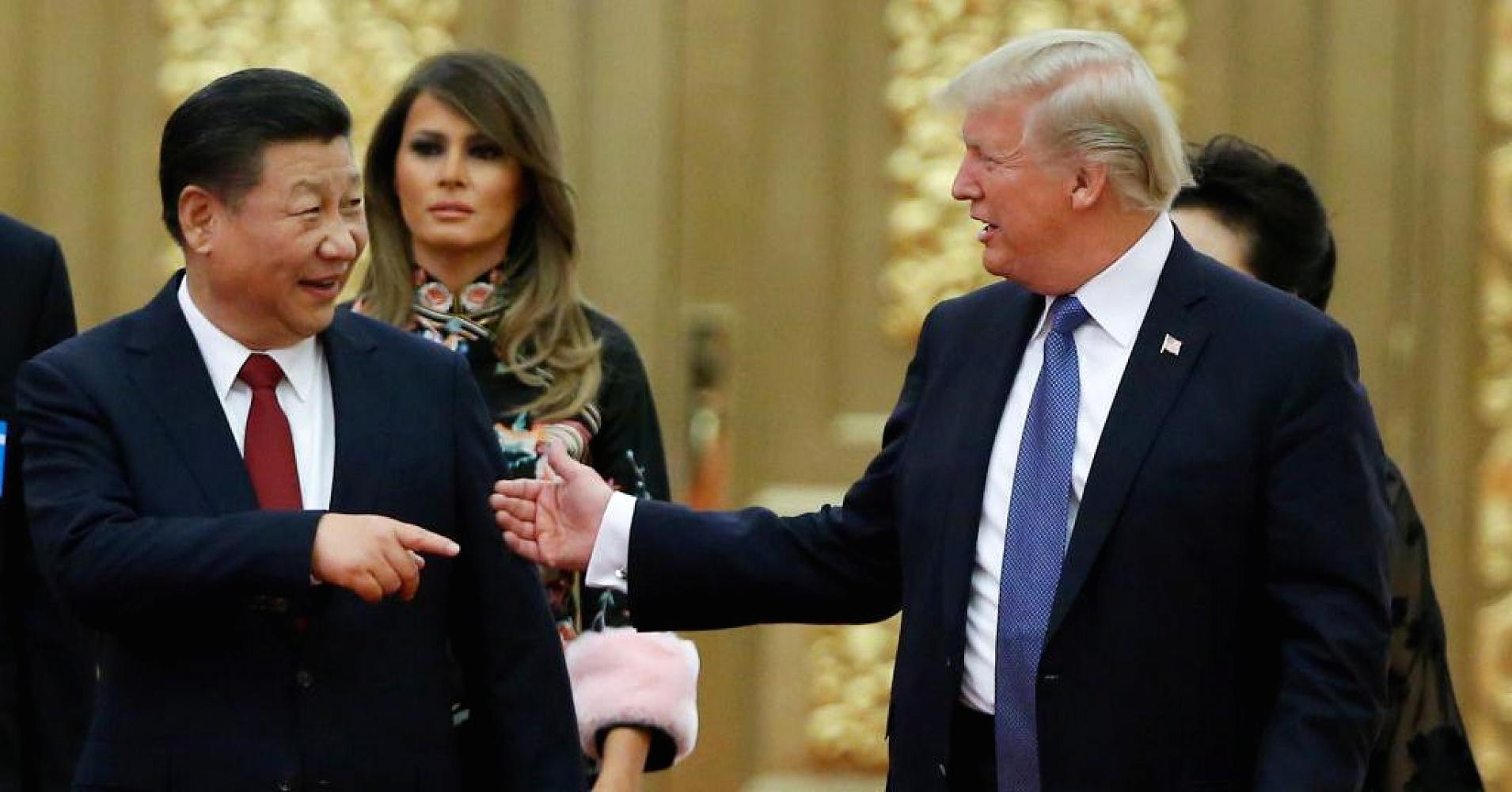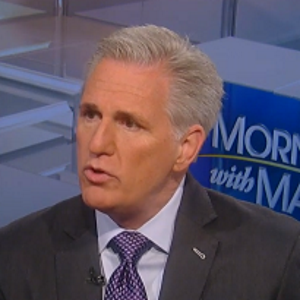
Trade tensions between the United States and China exploded last month as the countries started threatening each other with new tariffs.
The Trump administration is looking to stop what it calls unfair trade practices, targeting perceived imbalances, including alleged widespread intellectual property theft. The Commission on the Theft of American Intellectual Property estimates that China’s purported IP theft costs the U.S. between $225 billion and $600 billion each year.
Case studies aren’t hard to find.
Take California-based Paulson Manufacturing, which makes protective eyewear and shields for industrial workers and firefighters.
“Within a year of anything new that I put out, I’m being copied somewhere in the world,” CEO Roy Paulson said. It was at a trade show in China that he first learned his company was being copied, he said.
“They even used our company name, duplicated all the products that we have that you can see on our website and have them for sale as a Paulson product in China,” Paulson said. It’s a theft that’s costly. “It’s not just lost money to me, that’s really lost money to my employees and to the community.”
Marlin Steel, based near Baltimore, engineers and manufactures steel molds from wire to make storage racks, baskets and deep fryers from recycled steel. The seemingly simple products require complex engineering, said CEO Drew Greenblatt, and several years ago he began seeing his products in Google searches for Chinese competitors.
“We come up with innovative, creative novel ideas. We spend so much money on that. They cut and paste it and steal from us,” Greenblatt said.
“It’s hard to measure exactly how many jobs we lost here,” he said. “It’s hard to measure because people don’t call or send you an email and say, ‘By the way, I bought from your competitor.'”
Greenblatt lobbied the administration to take action and is glad they are doing something, he said. “It’s such a mess how they just steal from us on so many different fronts. I think the end goal has to be for these two countries, America and China, to sit down, and I think this was [President Donald] Trump’s way to do an opening salvo.”
Steven Lang, CEO of New Jersey-based Mon Cheri Bridal, also worries Chinese counterfeiting could cost him his business.
“Without protection from my government, I’m not on a level playing field,” Lang said.
Still, Lang worries Trump’s embrace of tariffs could lead to a trade war. “The way he’s approaching it, like a cowboy, is a very dangerous mission.” He hopes, as most businesses do, that a trade war will be averted through negotiations.

